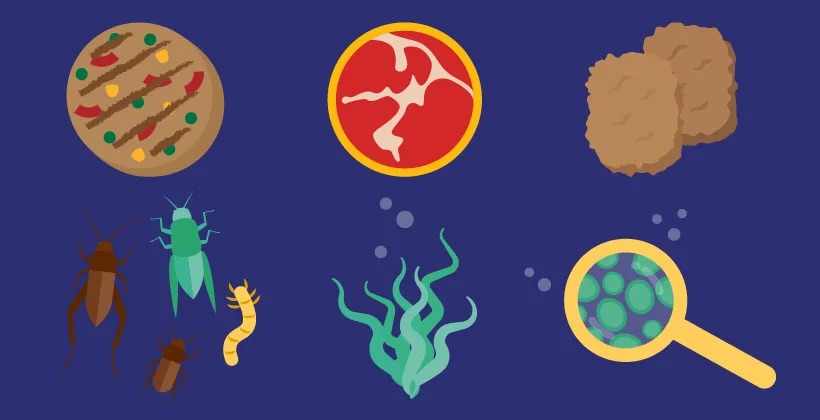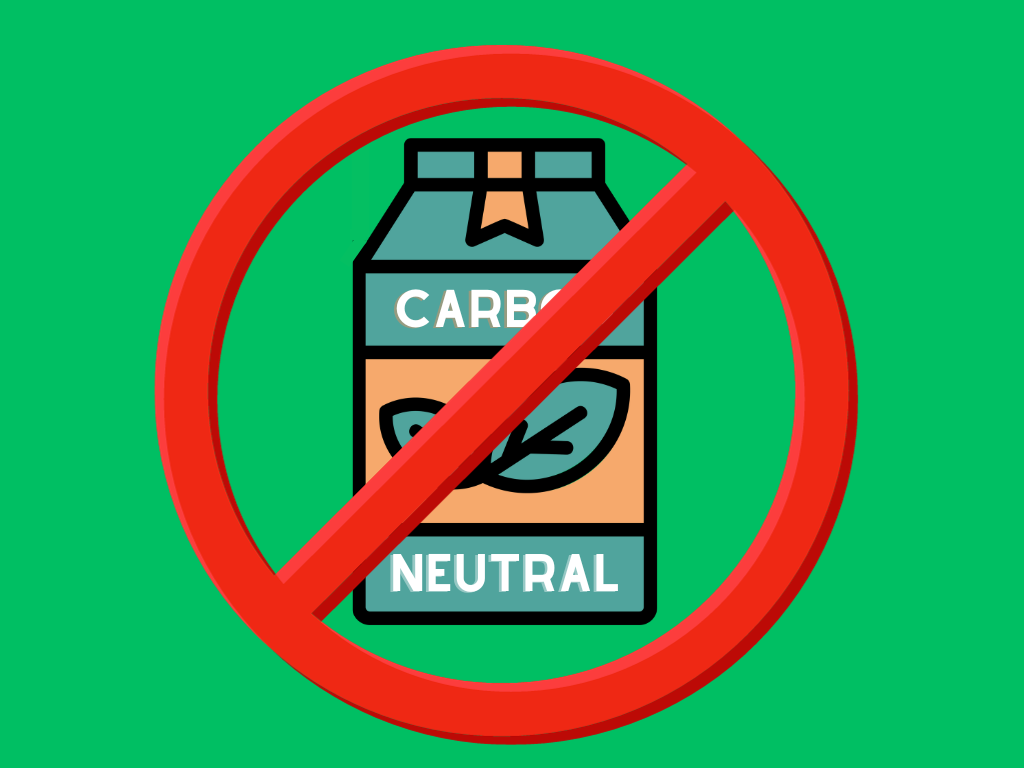Confused About a Food Fact? This New Platform Lets You Ask Scientists for an Expert Opinion
4 Mins Read
Food information body the European Food Information Council has launched a new platform to debunk misinformation and help build science-based literacy around food. The Food Facts online community is part of the Sustainable Food System Network, a platform to connect people interested in European food policy.
In 2018, a study by the European Consumer Organisation (BEUC) outlined how surveys in the Netherlands and Germany revealed that 85% and 84% of consumers show distrust in food labels. Last year, research found that some of the world’s top food conglomerates label products high in fat, salt or sugar as nutritious.
The BEUC published another study earlier this year – covering 11,232 respondents across 11 European countries – which suggested that one in four respondents feel poorly informed about food packaging and kitchenware, with many finding information on packaging neither understandable (26%) nor sufficient (36%).
Then there are the ads that target the long ingredient lists of certain plant-based meats, which have been found to be better for you than conventional meat. companies peddling low-carbon or reduced-carbon beef, or even carbon-neutral milk. The food industry is inundated with misinformation, confusion and misleading claims – and it can be (and is) overwhelming for consumers.

To tackle this issue, the EU-funded European Food Information Council (EUFIC) has launched a new platform that provides access to myth-busting scientists and experts, connecting them with media professionals looking for clarity about food information.
Connecting media professionals with scientific experts
The Food Facts platform is an online community built to enhance the quality of food reporting and counter misinformation in the industry.
The initiative aims to facilitate the exchange of information between media and experts with insights into healthy and sustainable nutrition. These include topics that frequent the news cycle, like sugar, fats, food additives like sweeteners, processed foods, obesity and diabetes.
Food Facts is part of the Sustainable Food Systems Network (SFSN), which already has over 2,000 experts and contributes to reporting about nutrition, safety and food systems as a whole. Founded in 2020, the network advocates for food system transformation via research and innovation and by helping stakeholders communicate and work together.
SFSN evolved from the Food 2030 Platform, which aimed to mobile food system stakeholders at different levels. This includes policymakers, business professionals, civil society organisations, researchers, students, NGOs and non-profits, citizens and funding bodies across the world.

EUFIC says journalists can join the Food Facts community “to improve the accuracy of their reporting by tapping into a network of experts”, which will help them expand their sources, access science-backed quotes, and “quick responses to their doubts and queries”. As for the experts, they get visibility and build their science communication experience.
To join the group, you’re asked to fill out a questionnaire about your work and profile. The community is moderated by EUFIC, which will be “stimulating discussions between members, creating monthly newsletters, as well as individual support sessions”. In addition, there will be regular webinars, with the first one set to take place this month, bringing together experts to discuss misinformation around food and nutrition.
Tackling food and climate misinformation
Misinformation is a massive issue within food and climate discourse. A small study (not peer-reviewed) last year revealed how college students in the US failed to identify nutrition misinformation on social media, for example, while a report by Climate Action Against Disinformation found that Twitter is the worst platform when it comes to policies aimed at reducing misinformation.
Meta opened a Climate Change Centre to combat misinformation in 2020, but an analysis published a year later found that it was failing to combat climate misinformation. Pinterest, meanwhile, became the first social media platform to adopt policies to eliminate misleading claims about the climate crisis, pledging to remove content that promoted climate change denial.

Additionally, the EU is clamping down on misinformation by companies across multiple sectors, including food, with the Empowering Consumers for the Green Transition directive effectively banning greenwashing by prohibiting companies from using terms like ‘carbon-neutral’, ‘green’ and ‘eco-friendly’ on packaging and communications without substantial proof.
The EUFIC Food Facts platform also has a group of ambassadors that will clarify complex subjects – these are experts across different fields passionate about science communication. One of them is Júlia Muñoz Martínez, a sustainable food and nutrition researcher, who says: “Given that sustainable food systems are an emerging and crucial topic, misinformation is sometimes unavoidable. For this reason, it is important that science communicators and journalists work together to fight against misinformation, [making] the SFSN the perfect ground for this to happen.”



